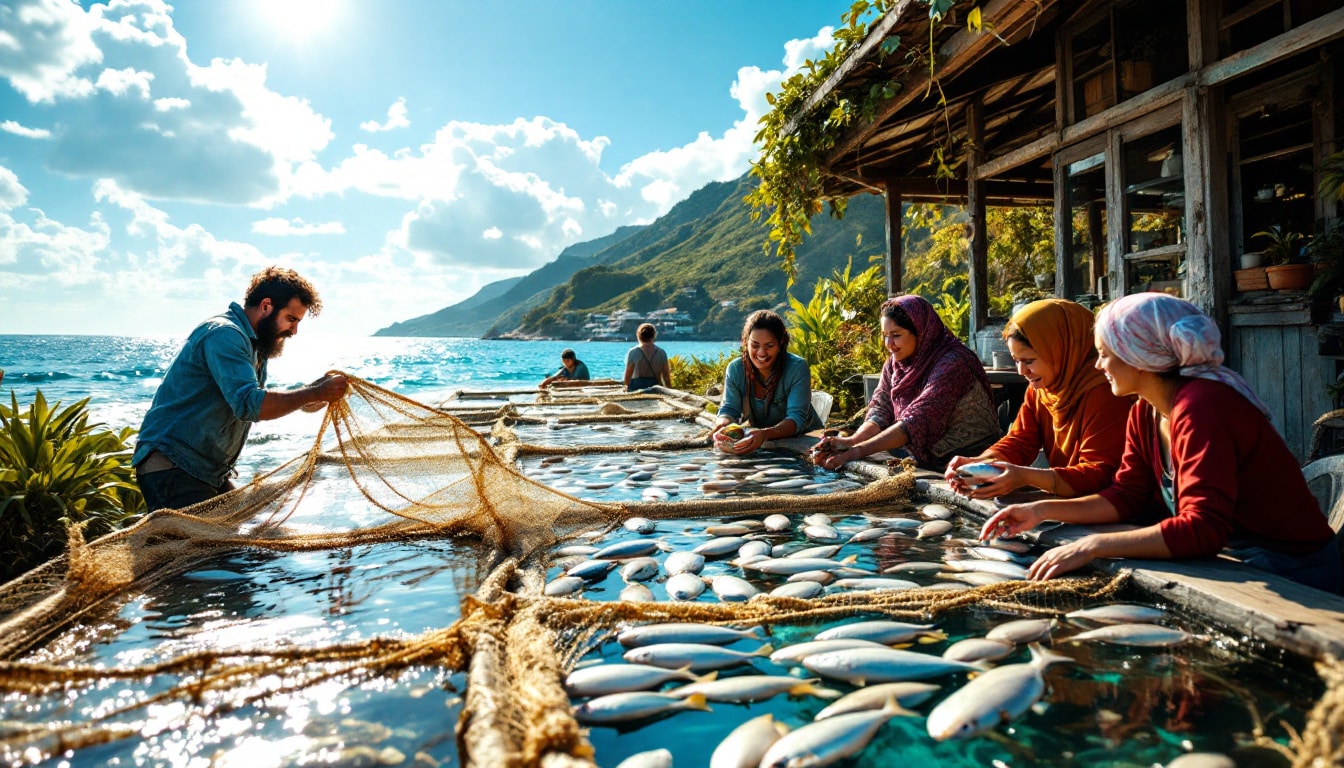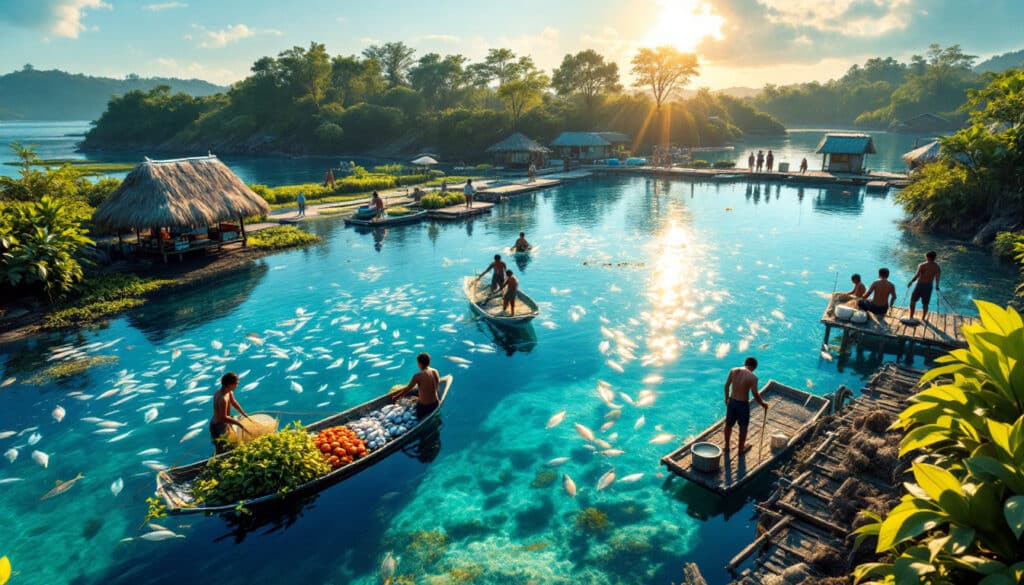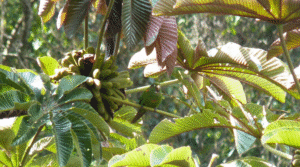The sea, a true treasure of biodiversity, deserves special attention in the quest for sustainability. The synergy between aquaculture and sustainable fishing emerges as an essential solution to ensure the health of our marine ecosystems while meeting the growing demand for seafood products. In this dynamic, it is crucial to promote the integrity of fishing and farming practices, while establishing a solid trust within the bio community. This requires active involvement from stakeholders, ranging from fishermen to consumers. The adoption of rigorous standards and product certification ensures vital traceability and transparency. At the heart of sustainability initiatives, organizations like IOAS play a key role in evaluating and accrediting certification bodies that strive for responsible fishing methods. Environmentally friendly practices support not only marine ecosystems but also the livelihoods of fishing communities, creating a virtuous circle that benefits everyone. It is time to join forces to transform our relationship with the sea.
Aquaculture, often referred to as the farming of fish, shellfish, and other aquatic organisms, proves to be a viable solution in the face of increasing pressure on wild fish stocks. However, the implementation of sustainable practices is crucial to preserving marine ecosystems and ensuring responsible food futures. Sustainable fishing, which aims to maintain fish populations at healthy levels while minimizing environmental impacts, is an indispensable complement to aquaculture.
Table of Contents
ToggleCurrent Situation: A Market in Full Expansion
The aquaculture sector is experiencing unprecedented growth, representing nearly 50% of the global supply of seafood products. According to FAO, aquaculture production reached 114 million tons in 2019, marking a 4% increase compared to the previous year. This trend is driven by a rising global demand for sustainable and nutritious protein sources. Meanwhile, environmental challenges related to overfishing, deregulation, and degradation of marine habitats are prompting stakeholders in the sector to adopt ethical and responsible practices.
A concrete example of this dynamic is the establishment of rigorous assessment standards for sustainability certifications. Organizations such as IOAS (International Organic Accreditation Service) play a crucial role in accrediting aquaculture companies that meet high standards for biodiversity protection and marine ecosystem preservation. This system strengthens consumer trust in sustainable aquaculture products.
Ecological Practices: Towards Responsible Aquaculture
Sustainable aquaculture practices rest on several fundamental pillars. Firstly, optimizing fish feed is a key aspect. Instead of relying on fishmeal, producers innovate with alternative ingredients, such as algae and insects. This reduces pressure on wild fish stocks while ensuring a balanced diet for aquatic organisms.
Secondly, waste management is crucial. Emerging technologies, such as water recycling and advanced filtration systems, help reduce the environmental impact of aquaculture farms. For instance, water recirculation systems, which filter and reintroduce clean water into ponds instead of discharging it, help preserve water quality and protect nearby habitats.
Finally, integrating polyculture strategies, where multiple species are raised together, promotes biodiversity and optimizes resources. By associating complementary species, water quality can be improved, and the need for additives and chemical treatments can be reduced.
Partnerships and Future Perspectives
To ensure the sustainability of aquaculture and sustainable fishing, partnerships between governments, environmental organizations, and private companies are essential. Initiatives such as sustainable development funding programs help small fishermen and aquaculturists access sustainable techniques and practices, as seen in some projects in Africa and Southeast Asia.
Moreover, ongoing consumer awareness efforts are vital to encourage the demand for certified sustainable aquaculture products. Information exchange platforms and success stories within the bio community, such as social media campaigns, promote a better understanding of the benefits of responsible consumption.
Innovations in marine biotechnology also open new doors. By developing aquatic organisms through cell culture or assisted genetic methods, it is possible to enhance the resilience of species while ensuring sustainable practices. These technological advancements could transform our expectations and practices regarding marine sustainability.
In conclusion, to achieve the goal of sustainability in aquaculture and sustainable fishing, a multitude of initiatives, innovations, and collaborations must continue to emerge. Consumers, businesses, and regulators must work together to promote practices that not only support the economy but also ensure the protection of our precious marine biodiversity.










